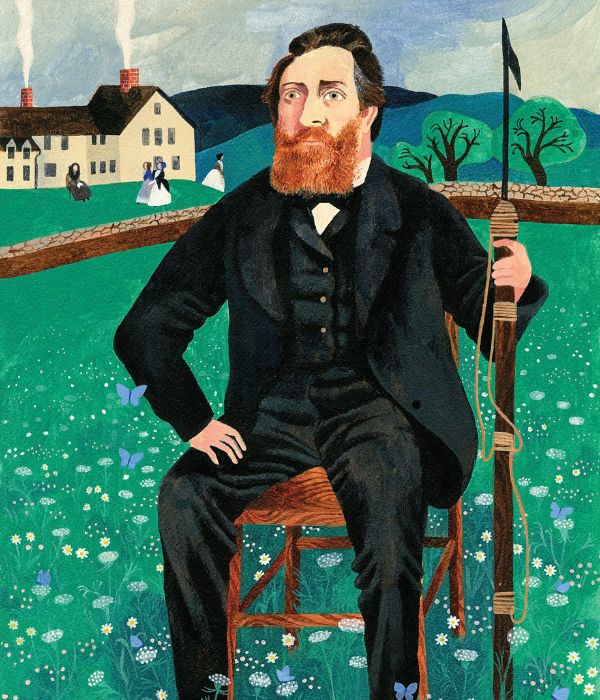Herman Melville jumped ship in the middle of a three-year voyage.
In 1850, Melville relocated to Pittsfield, Massachusetts. He had grown up in a wealthy New York family, witnessed his fortune go during the 1830s Panic, and spent three years at sea starting in 1841 which is one of the interesting facts about Herman Melville. He had sailed on the Acushnet, a New Bedford whaler, across Cape Horn, and hunted the Pacific Ocean's whaling grounds before jumping ship at the Marquesas Islands, close to Tahiti.
Due to tensions between Melville and the Acushnet's commander, when the ship arrived at the Marquesas Islands, Melville and a friend named Richard Tobias Greene hid in the jungles until the Acushnet left. They stayed with the Pacific Islanders for a month. Melville was impressed by the sophistication and tranquility of the Polynesians, who were generally thought to be cannibals by Europeans. Additionally, he discovered justification for criticizing European efforts to "civilize" the islanders by converting them to Christianity. Melville's first two books, Typee (1846) and Omoo (1847), which were instant successes, depended on his adventures in the South Pacific (1847).
There, he interacted with nymphs, and the outcome was Typee, his debut and best-selling book. Melville's literary reputation as a man who had "lived among the cannibals" was cemented by that work. Although none of his subsequent maritime stories, Omoo, Redburn, and White-Jacket, were as well-received as Typee, they were all published in the 1840s. The unfinished manuscript of Moby-Dick, a fictional account of his time aboard whaling vessels, was something he brought with him when he moved his family to the farm in Pittsfield.








